
Talk of the Quad
Hear & be heard
Last Thursday, when I heard about the encampment in Smith Union, confusion pulsed through me. I wasn’t sure how I felt, or who I could talk to about the way I was feeling.
Although I did not personally vote in …
You seem to be browsing on a screen size, browser, or device that this website cannot support. Some things might look and act a little weird.

Last Thursday, when I heard about the encampment in Smith Union, confusion pulsed through me. I wasn’t sure how I felt, or who I could talk to about the way I was feeling.
Although I did not personally vote in …

We, the undersigned, are Bowdoin faculty writing to express our support for the right of our students and faculty to protest and dissent.
Like many of our students and colleagues, we have been deeply disturbed by the mass slaughter of …
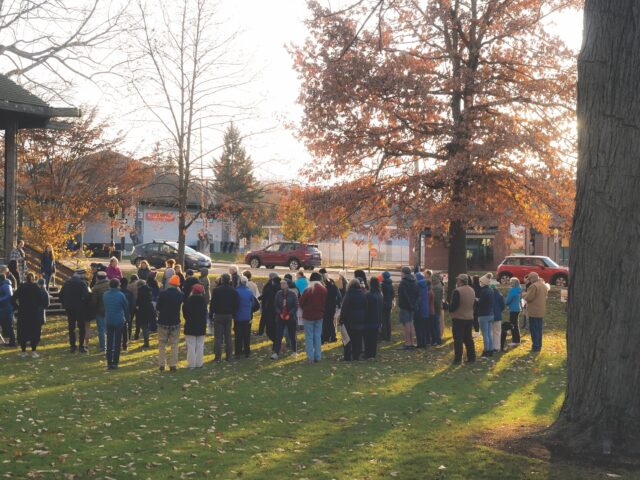
Over 70 Brunswick residents and Bowdoin students gathered on the Brunswick Town Mall last Sunday, November 19, where they advocated for tighter gun control laws in Maine in the wake of last month’s mass shootings in Lewiston.
Eva McKone ’26 …
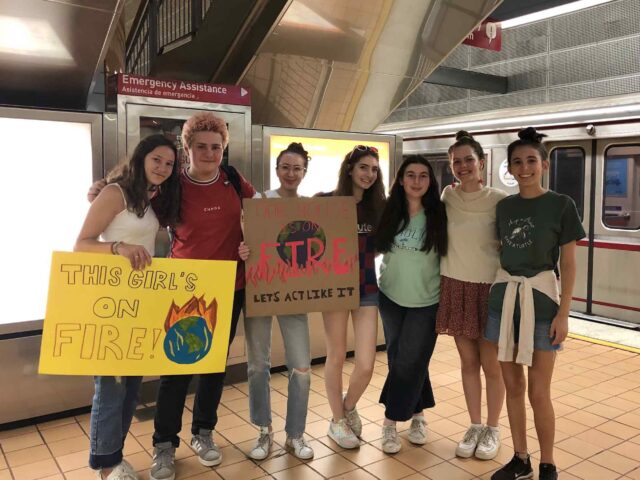
This week, Naomi Lopez ’26 and her experience empowering students to fight climate change was showcased at Bowdoin’s Social Innovation Week’s Solutions Exhibition. The exhibition’s goal was to highlight creative ways students have addressed real-world problems outside of Bowdoin and …
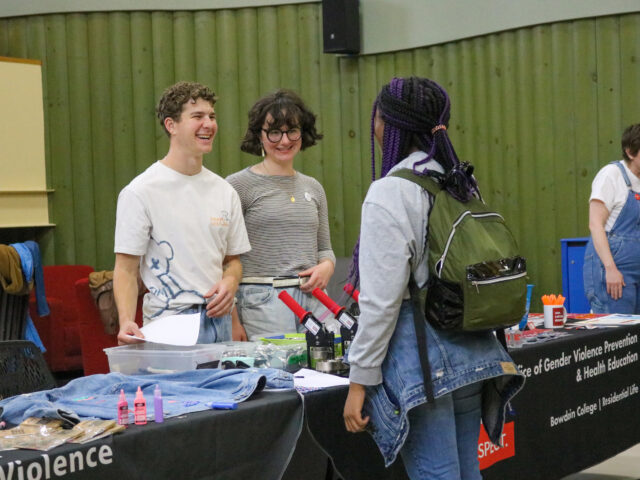
Over the last few days, students may have noticed posters along bathroom stalls urging them to wear denim on Wednesday. While this may seem like a puzzling, innocuous request, the statement those jeans and denim jackets sends is a much …
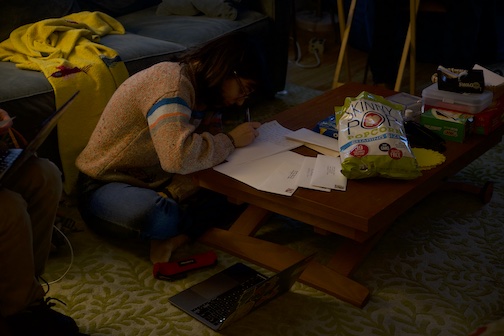
Editor’s note 03/03/23 at 2:32 p.m.: An earlier version of this article mistakenly reported that Governor Janet Mills campaigned in 2018 on indigenous sovereignty for Maine’s Wabanaki nations. This has been corrected to reflect the truth that the governor campaigned …
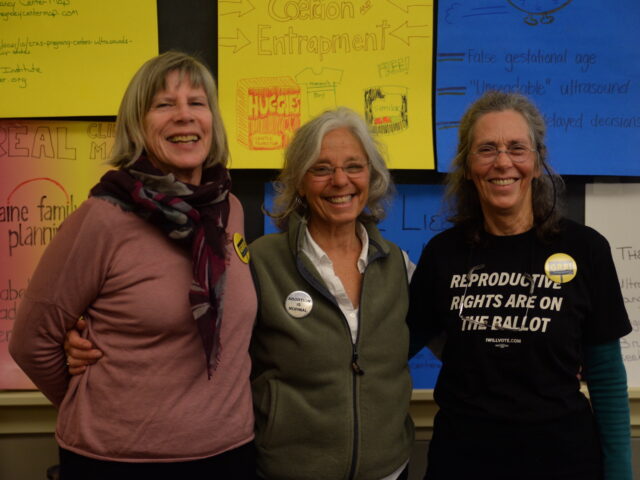
Editor’s note 10/21/2022 at 3:16 p.m. EDT: A previous version of this article mistakenly reported that Planned Parenthood’s Topsham location performs abortion services. The article has been updated to reflect that the clinic offers abortion pills.
The Bowdoin Reproductive Justice …
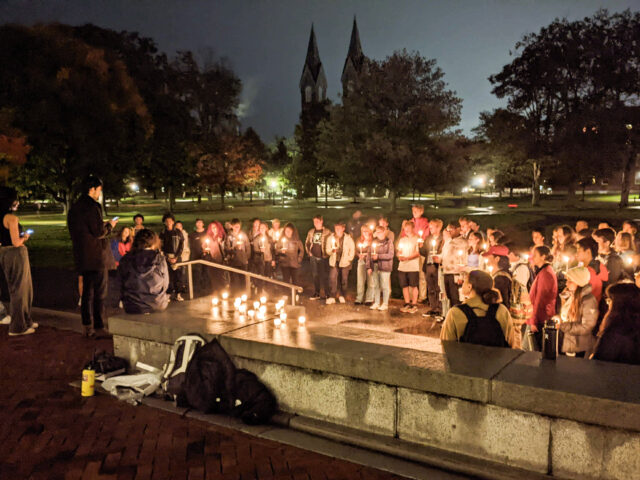
Last Wednesday, about 30 students took a break from studying for midterms to gather around the damp museum steps, donning rain jackets and holding flickering candles. The Bowdoin Muslim Students Association (MSA) hosted a candlelight vigil to honor and raise …
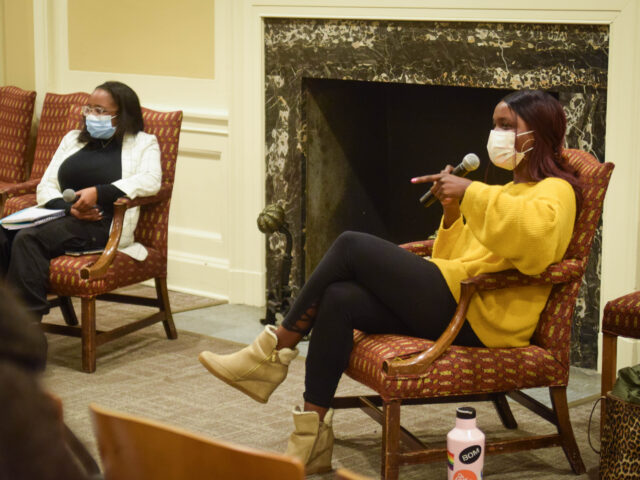
On Tuesday evening, the Center for Multicultural Life and the Bowdoin Student Government (BSG) partnered to bring Portland City Councillor and community organizer Victoria Pelletier to Bowdoin. The event featured a conversation and Q&A with Pelletier led by Interim Director …

Jhon Narváez has made it his life’s work to re-center the history of his native Cartagena, Colombia around the Black population that defined its centuries-long history as Spanish America’s largest slave port.
Through working in the film industry, as well …